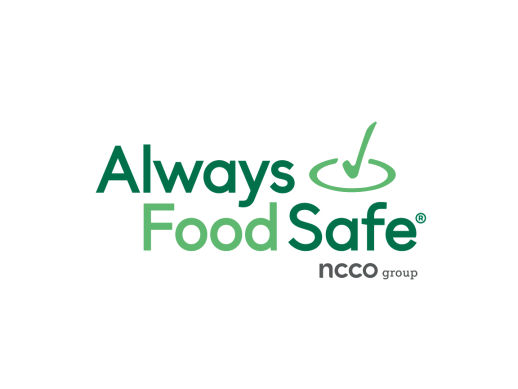Always Food Safe, a leading provider of food safety training and certification programs, has recently launched its new Learning Management System (LMS)-an integrated food safety training program. The program is designed to provide comprehensive food safety training to food service workers and professionals across various industries, including hospitality, healthcare, retail, and education.

 English
English
 Spanish
Spanish
